After decades of being embarrassed to tell people what we do, likened to used car salesmen, and facing myths that ‘surely you aren’t paid to do that,’ fundraising is finally being recognized as a vocation. Thank goodness for that.
I think back to the early 1990s. I was a recent graduate, proud of my Master’s Degree, and ready to make change in the world. After a few years as a program officer at a private Canadian foundation, I settled in to manage a scholarship program for the well-established and highly-regarded Canada-US Fulbright Program.
Two weeks in, the fundraiser quit. Guess what? Suddenly I was the program manager AND the fundraiser. I thought to myself, ‘I’m shy, I hate talking on the phone … how am I possibly going to do well at this?’ But I did well. I did very well. Why? Because I loved making real connections with real people. Helping them realize their dreams was exhilarating.
I’ve never looked back.
Over the past ten years, as both a partner in a consulting firm, and a consultant to small- and mid-size charities, I’ve done my fair share of hiring. And I’ve learned a few things.
Somehow, during the years between when I was a baby fundraiser and now, we’ve lost sight of what it really takes to be an exceptional fundraiser. We focus on dollars raised, number of events held, education received … and we’ve forgotten the most important things.
Love of humanity.
Love of people.
A caring outlook.
And passion. We forget about passion.
So how do we find the best fundraiser for our organizations?
How do we weed out the ones who aren’t a good fit? I have some ideas.
First, personality, passion and culture fit are a big deal. Someone may have an impressive resume with a long list of jobs, but if they don’t’ fit with your culture, and aren’t passionate about your cause, I guarantee the relationship won’t last. Look for enthusiasm, their heart on their sleeve, and excitement about having the privilege of interacting with donors.
What are the clues that will help you determine fit?
Here are my tips:
- Look for cover letters that speak to a connection to your cause.
- Look for evidence that they’re taking this seriously: they’ve done their research, they know what you do, they know the task at hand.
- When candidates show up for an interview pretend, for a moment, that you’re a potential donor being approached for an ask: are they confident? Do they have a firm handshake? Do they have presence? Do they work to establish an immediate connection with you?
I’ve worked with many small non-profits over the years helping them hire a fundraiser that is a true fit. I’m passionate about this. Too often I’ve seen small non-profits hire a fundraiser who looks okay on paper, but ends up setting them back by a year or two. It’s not the non-profits fault: here they are trying to hire someone whose area of expertise is very different from their own. They don’t know what questions to ask, or the red flags to pay attention to.
Here’s how I separate the wheat from the chafe:
- As I mentioned above, I keep a careful eye on the candidate’s behaviour before we even sit down for our interview: how do they respond to the interview request? How do they present themselves? How firm is their handshake and how warm their personality? Do they take a genuine interest in me?
- I watch their eyes during the interview. Our eyes tell a million stories and when their eyebrows lift, and their eyes sparkle, I know I’ve found someone with a passion for the cause and a passion for connecting donors to the causes that are important to them.
- I ask strategic questions. My favourite question is, “What’s the role of special events in a healthy fundraising program?” In my mind, this question is so important that you could ask only this question and find the right candidate for the job. What I’m looking for in an answer is that special events are great ways of building community, recognizing donors, and keeping volunteers engaged. A red flag is raised when a candidate sees them as the primary source of revenue in a fundraising program.
- I ask them what attracted them to the job ad. What I hope for is a connection to the cause.
- I find a way to have them tell me a story. Storytelling is so important to fundraising. A trick we use at Good Works is to hand the candidate a basket of folded up pieces of paper. The candidate picks one piece of paper then speak to the topic for one minute. The pieces of paper say things like, “love,” “family,” or “pet.”
But there are other ways to attract good candidates to your job opening. Yes, a high salary will certainly attract candidates, but who among us can offer a six-figure salary to a seasoned fundraiser? Instead, think about other benefits you can offer: a flexible work day; ability to work from home; great health benefits; time off during the day for volunteer work; or a healthy professional development budget. These benefits make a huge difference to today’s candidates.
Those are my thoughts. What are yours? How do you find the best candidates, and how do you avoid the ones who just don’t fit?
This post was written by Leah Eustace, ACFRE, former Principal and Chief Idea Goddess at Good Works and originally appeared on The Hilborn.


Great article Leah! We needs more articles like this in the sector
This is amazing – thank you for sharing!